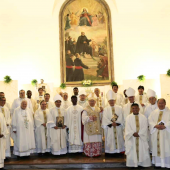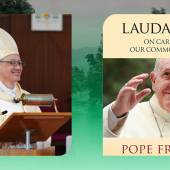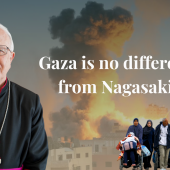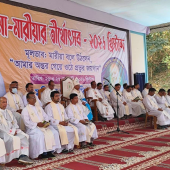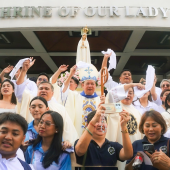Japan: Christian-Made Film Tells Story of Nagasaki Nurses
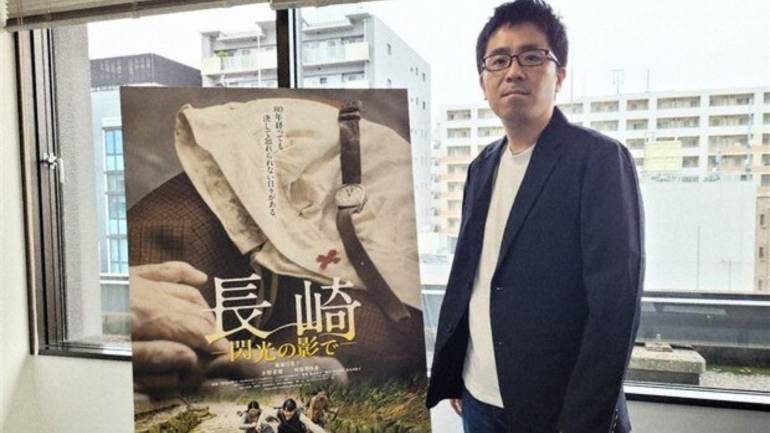
As Japan commemorates the 80th anniversary of the atomic bombings of Hiroshima and Nagasaki, a newly released film sheds light on the courage and compassion of nurses who cared for victims in the aftermath of the tragedy.
Titled “Nagasaki: In the Shadow of the Flash,” the film was directed by 40-year-old Jumpei Matsumoto, a Christian and grandson of a hibakusha, an atomic bomb survivor. Drawing from a collection of first-hand testimonies compiled by the Nagasaki branch of the Japanese Red Cross in 1980, the film tells the story of those who served the wounded amidst the devastation.
According to AsiaNews, the Catholic Bishops’ Conference of Japan is promoting the film to help preserve the memory of the tragedy, especially as the number of living survivors continues to dwindle due to age.
“I hope the film will provide an opportunity for reflection,” Matsumoto told Kyodo News. “Especially now, when the threat of nuclear weapons and war seems to be growing again, I hope people will reconsider these issues through the experiences of the people of Nagasaki.”
The atomic bombings of Hiroshima on August 6 and Nagasaki on August 9, 1945, resulted in an estimated 210,000 deaths by the end of that year. Many survivors suffered lifelong effects from radiation exposure.
One of the film’s highlights is the appearance of 95-year-old Fujie Yamashita, who in 1945 had just begun training to become a nurse. She was among those sent to Nagasaki to help treat the wounded.
“I thought her mere presence could say a lot,” said Matsumoto. “Even though it was just a cameo, having her in the film was extremely important to me.”
In a powerful statement released in June ahead of the anniversary, the Japanese bishops reiterated their opposition to the nuclear arms race. They reflected on the Church’s silence during the war years when, out of a sense of patriotism, words of peace were often withheld. The bishops called for a renewed and courageous commitment to peace, grounded in the memory of war’s immense suffering.
Matsumoto, who speaks openly about his Christian faith, said the film is deeply rooted in his own spiritual journey.
“I can’t separate my films from wondering what it means to love, or from feeling my own sinfulness,” he said. “Even in that sinfulness, I want to follow the teachings of Jesus and love people. I think this feeling is very present in the film.”
Radio Veritas Asia (RVA), a media platform of the Catholic Church, aims to share Christ. RVA started in 1969 as a continental Catholic radio station to serve Asian countries in their respective local language, thus earning the tag “the Voice of Asian Christianity.” Responding to the emerging context, RVA embraced media platforms to connect with the global Asian audience via its 21 language websites and various social media platforms.









